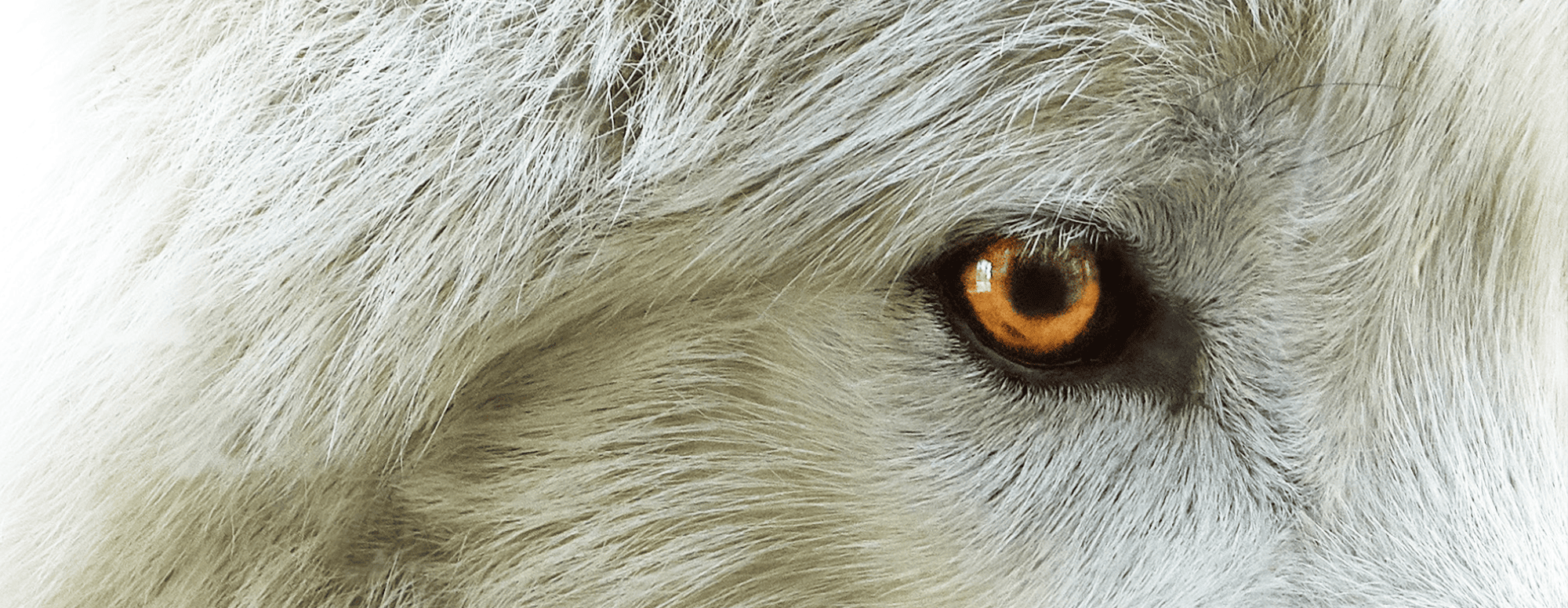Is it just me or does it seem to you that there is more and more anxiety creeping into our society, particularly younger generations? The list of possible causes is endless, including at the physiological level, processed food; at the technological—an increase in the amount of screen time, including the constant barrage of beeps and tones urgently signalling that somebody wants something from us, and NOW; at the cultural—overwhelm at the sheer speed of life and pace of change; or is it pollution—chemical toxicity that is leaking into everything we eat, breathe and drink. And articles like this one that remind us of what we managed to successfully block out. You’re welcome!
My particular interest lies in the psychological roots of anxiety. Here it is a matter of a very young psyche picking up from somebody who matters—i.e. upon whom my survival depends—that something is expected of me that I am not able to deliver. The expectations are too high, non-existent or unclear, leaving the young one with an unbearable burden of too much responsibility. This feeling that “life is too much” is an unconscious belief that is formed early, and then persists into adulthood.
The bind is that I must try to meet these expectations, because if I don’t there will be consequences, either real or imagined. Maybe I’ve tried, and failed, and this led to a withdrawal of love, an intimation of disappointment from the significant other, or outright humiliation and punishment. The internal sense is that too much is being asked of me, too soon for my developmental stage, or nothing at all, in which case I feel like I don’t matter.
Potentially, this sets up a lifelong orientation that I am acting in somebody else’s drama. Life becomes a performance. Even if I’m successful, at some point, if I’m lucky, I’ll wake up and realize that it was never my life I was living. The more “successful” we are in life the longer we remain performers.
The hidden blessing in not being able to bring off being the star of someone else’s drama is the opportunity to drop into being our true self.
We may spend our lives trying as hard as we can getting the applause of an imaginary audience. But then life becomes too “trying”, i.e. too much trying. Our performance has exhausted us because it takes place outside of our natural inclination and rhythms. But we cannot relent, because we’re haunted by an unconscious, early belief that something terrible is going to happen if we stop.
So we worry. Worry is a substitute for action in the world. It is mental activity that feels like we’re doing something, but we’re just spinning our mental wheels. It feels to this anxious individual that everything is on the line at every moment. Everything was on the line back then when we were dependent for our survival on others. The internal dialogue is relentless and merciless. Did I just come off as an idiot when I spoke up? Did they see me as an odd ball just now the way I moved so awkwardly. Am I being judged as ridiculous the way I cut my hair? Does anybody really want to hang out with me? What if I blow it? Will anybody ever love me, if they really know me?
When we’re expecxted to do something beyond our developmental stage we feel shame.
The shame is unbearable, and the accompanying rage is repressed. But they manifest in physical symptoms, irritable bowel syndrome, eczema, contracted muscles (which we use to hold back the rage), heart palpitations, high blood pressure, etc.
These feelings exist on a homicide-suicide continuum. The situation is so intolerable that either you (as the source) have to go (homicide) or I do (suicide). The homicide impulse is unacceptable, because in making my other-who-matters disappear, I remove the one upon whom my survival depends. But homicide doesn’t need to be taken literally. I can “off” you (the other) in many ways. I can pretend that you don’t matter in the least (sociopathy); I can use you as an a mere object to validate my existence (narcissism); I can shut down any and all feelings for you (psychopathy).
The suicide impulse takes many non-literal forms as well. The suicidal impulse is to remove myself from the equation so that I don’t have to feel. I can dissociate from my feelings; I can hyper-rationalize (I need to figure this out). I can have a spiritual practice that leaves my body out. I can take flight into unity-at-all-costs with the other so that I don’t have to feel how I am different (and therefore potentially have to deal with my anger at you or place myself under threat of humiliation).
Chronic anxiety is a signal that we are in a terrible bind that originated in early childhood when we didn’t have the resources to manage. Healing requires that we see the original bind we were in, feel into it (without being paralyzed by it), bring it to consciousness, and then realize that what was once an unbearable (these feelings of humiliation and rage), are now bearable. We can grieve how we were hurt, and let go of the perception/belief that life is unmanageable, and that I cannot bear the responsibility for my own life. We learn to relax, breathe, and hopefully connect tenderly and compassionately with the beautiful and radiant being that is our true nature.

